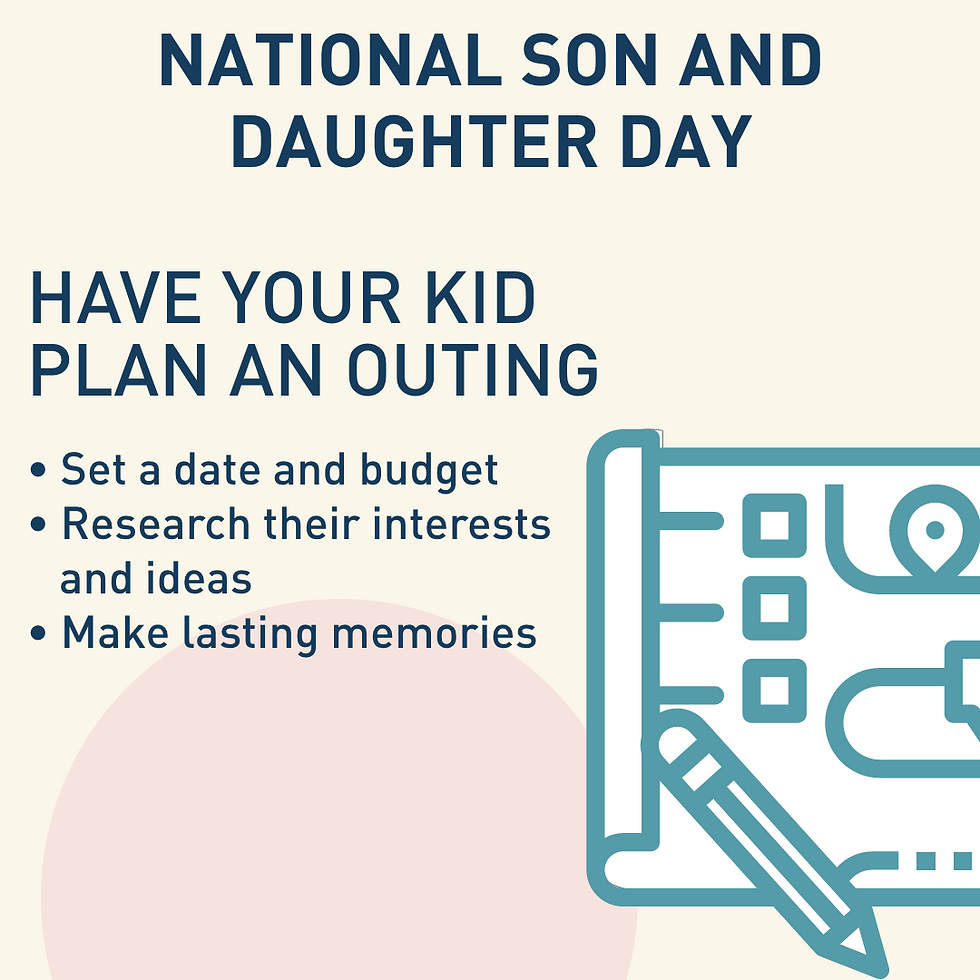Supporting Brain-Body Connection: How Our Therapies Engage the Parasympathetic Nervous System to Improve Cognitive and Emotional Function
- Nicholas Schulz
- May 23, 2025
- 2 min read
At Adaptive Life Therapy, we recognize that meaningful, lasting improvement in emotional regulation, executive functioning, and overall cognitive health stems from more than just targeted cognitive training. True transformation starts with the body—and specifically, with the parasympathetic nervous system (PNS).
Why the Parasympathetic Nervous System Matters
The PNS, often called the "rest and digest" system, plays a pivotal role in regulating stress, improving attention, and supporting higher-level brain functions. Research has shown that increased activity in the PNS—especially via the vagus nerve—is associated with:
Improved emotional regulation
Reduced depressive symptoms
Enhanced working memory and attention
More resilient executive functioning under stress
Studies like “Emotion Regulation, Parasympathetic Function, and Psychological Well-Being” and “Autonomic Function Predicts Cognitive Decline in Mild Cognitive Impairment” affirm that activating the PNS can positively influence central nervous system (CNS) performance, especially in children and individuals with cognitive or emotional regulation challenges.

How We Activate the Parasympathetic Nervous System in Therapy
Our occupational therapists use evidence-based interventions designed to engage and stimulate the PNS, which in turn supports CNS growth and integration.
Sensory-Based Regulation Tools
Swinging, deep pressure input, and prone positioning (like the boy in the photo) are not just play—they are neurologically enriching tasks that stimulate the vagus nerve, promote calm, and ready the brain for learning.
Breathwork and Rhythmic Activities
We incorporate breath control games, yoga-based movement, and bilateral coordination exercises into our sessions. These techniques mimic the effects of respiratory vagal stimulation, which improves attention, emotional flexibility, and cognitive performance.
Executive Function Games
Using real-life, engaging challenges—like timed obstacle courses, memory sequencing games, and social problem-solving—we support self-regulation and mental flexibility through embodied learning experiences.
Mindfulness and Neurofeedback
For older clients, we offer guided mindfulness training, body scanning, and neurofeedback to target the emotional centers of the brain and promote healthy autonomic balance.
Outcomes That Matter
Our goal is to support our clients in thriving across environments—home, school, and the community. By targeting the brain-body connection and nurturing parasympathetic tone, we’ve seen children develop stronger coping skills, greater focus, and enhanced emotional resilience.
Whether your child is struggling with sensory integration, anxiety, ADHD, or developmental delays, we tailor our sessions to strengthen their neurological foundation—from the ground up.
If you’re curious about how Adaptive Life Therapy can support your child’s emotional and cognitive growth through whole-body interventions, reach out to us today. Let’s help them grow stronger, calmer, and more confident—together.




Comments